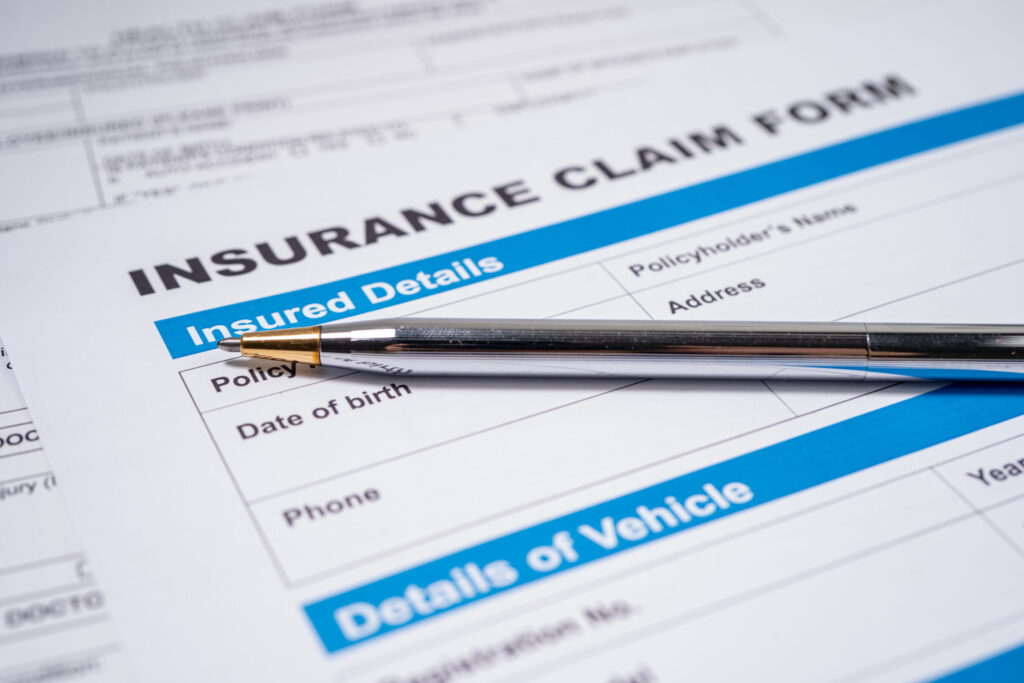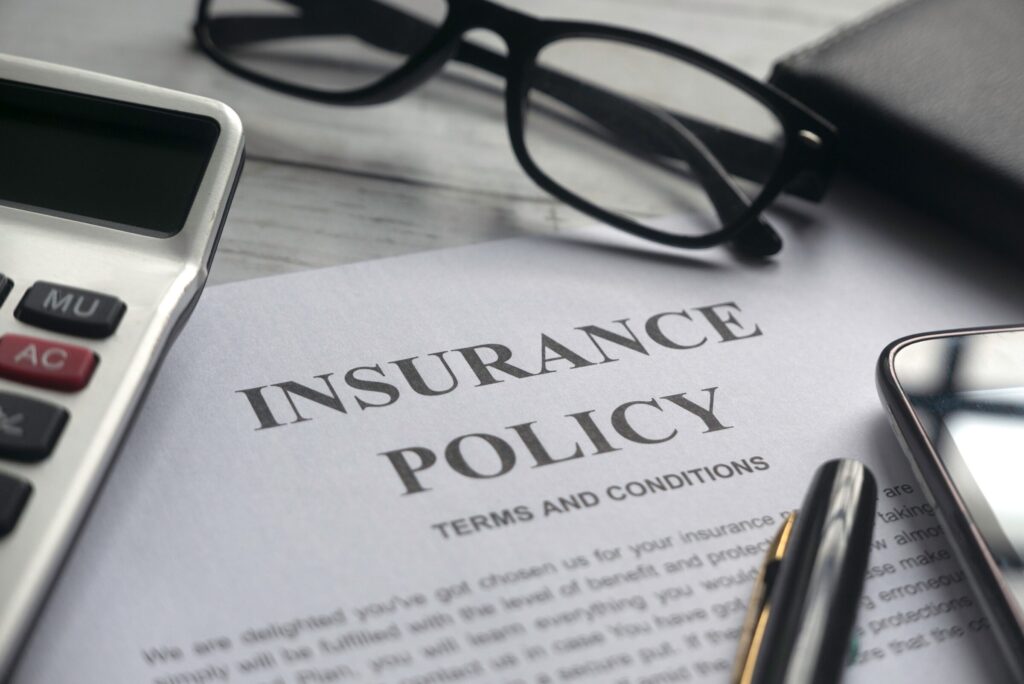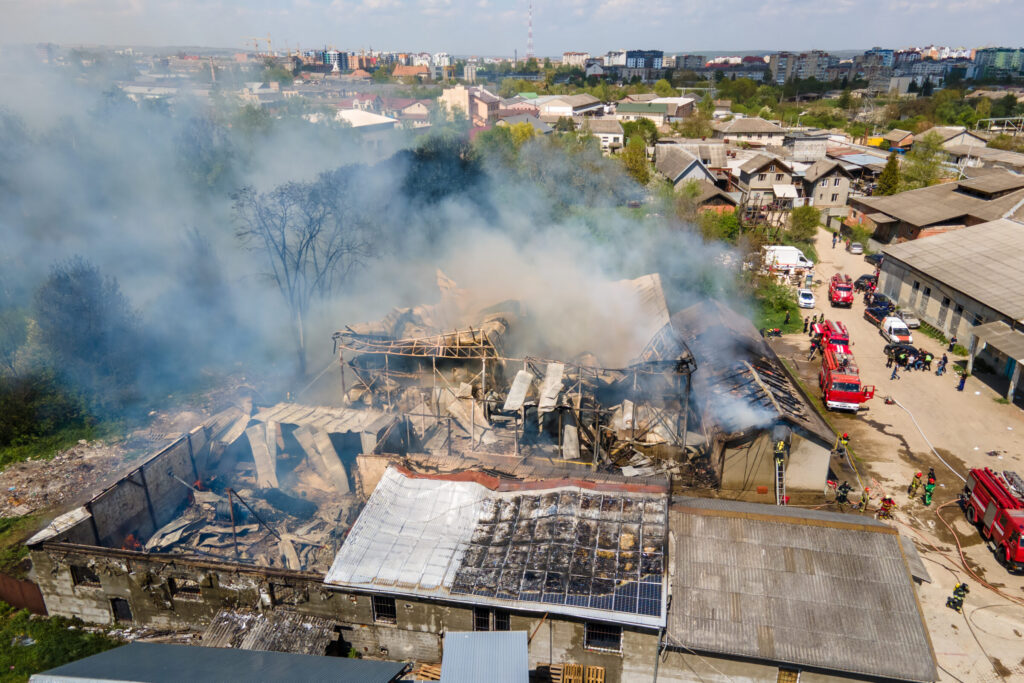
What happens when you have a claim? This is one of the most common questions insureds have when something bad has happened to them. We understand that the claim process can be very overwhelming, intimidating, and downright confusing.
Our role and the role of any adjuster that gets assigned to your claim has a responsibility to make sure that explanations are given, that we set the expectations for the level of service we expect to provide, and that you, as an insured, are entitled to receive. On all property damage claims that the Seafirst Claims team handles directly, we will provide a Critical Path Letter explaining who your adjuster is and briefly describing what you may encounter in the claims process. While not all claims are covered at Seafirst and along with our insurer partners, we always want to try to find coverage under the policy for the loss our clients sustain.
Generally, the process will be to determine the cause of the damage. For example, if you sustain water damage to your home, your insurer will need to know the source of the water and whether that is covered. If it is determined that a pipe is leaking, what causes the pipe to leak? Was it a faulty product or installation, did it freeze, or just fail from old age? We then refer back to your policy wording to determine if coverage is afforded.
What happens if my building is damaged or my contents are lost or stolen? What happens if my house is unlivable or my business is not operational because of damage to the building covered by my insurance policy? Do I have a deductible, and why do I have to pay this?
We have attached an example of a Critical Path Letter that would be common to receive on claims handled by the Seafirst Insurance Claims Department. The letter explains the answers to those questions.

COVERAGE & YOUR POLICY:
The notification of this loss and/or receipt of proof of your loss does not necessarily mean your claim has been accepted for payment. Your claim will require an investigation to confirm the cause and coverage is afforded under the policy. Your claim will be reviewed as quickly as reasonably possible to determine if coverage is applicable. The ultimate coverage decision rests with Lloyd’s Underwriters but will be communicated to you by your SeaFirst Claims Representative.
The Declarations Page and Property Policy Wording are your guide for coverage and any applicable limits for this loss. For ease of reference, please find both documents enclosed with this letter.
DEDUCTIBLE:
Your policy is subject to a deductible, which is noted above. The amount represents the portion of the loss that is the policyholder’s responsibility. Amounts above the deductible are paid on your behalf by Lloyd’s Underwriters. Your adjuster will inform you how the payment is to be directed, depending on what is involved in your claim.

IF YOUR BUILDING IS DAMAGED:
Your security is our primary concern. Please ensure you take the appropriate steps to secure your property and mitigate any further damage. Please retain any invoices for these costs, as there may be coverage for their reimbursement as part of your claim. Mitigating your loss is an important condition of your policy.
The initial response phase of your claim is categorized as the Emergency Repairs. This step includes work such as structural drying and demolition. Activities involved in this stage of your claim are to stabilize the environment, remove damaged materials, and facilitate the precise determination of required repairs.
Once the Emergency Repairs have been completed, your adjuster will work with the contractor(s) to agree upon a scope of work which lists what is required to return your building to its pre-loss condition using materials of like kind and quality. Estimates are then prepared, and the cost of repairs is confirmed. You will be involved in this process along the way, so you know the scope of repairs and costs involved.
CONTRACTORS:
As the property owner(s), you may appoint a qualified contractor and provide us with a copy of their repair estimate. If you wish to exercise this option, please inform us at your earliest opportunity, as a second estimate may be required, depending on the amount of damage involved in your claim. We can assist in arranging the bid process if it applies to your loss.
Your adjuster can refer you to a restoration contractor who meets our service standards. We highly recommend engaging an experienced restoration professional well-versed in industry practices and standards. The contractual relationship exists between you and the contractor. Lloyd’s Underwriters do not hire contractors and only make payments for covered amounts under the policy on your behalf.
IF YOUR PROPERTY IS LOST, STOLEN OR DAMAGED:
If any of your contents were lost, stolen, or damaged, we require a detailed list of the items on a Schedule of Loss form, which your adjuster will provide. We also require proof of ownership for your contents in the form of receipts, banking or credit card statements, manuals, and photographs.
A restoration contractor provides services such as processing damaged items and providing a list detailing unsalvageable property. A copy will also be provided to your adjuster to assist with the contents settlement portion of your loss.
IF YOUR HOME IS UNINHABITABLE:
Suppose your home has been rendered uninhabitable as a direct result of this loss. In that case, it is recommended you seek alternative living arrangements of like kind and quality and keep any receipts for our review. Any additional expenses that you would not normally incur should also be kept for our consideration. Additional expenses include costs incurred for meals at restaurants and fuel if your alternative accommodations are not available in your neighborhood.
SUBROGATION:
Subrogation is the recovery process when a third party causes damage. Part of the claims investigation process is identifying any potentially liable parties responsible for reimbursing Underwriters for the costs incurred in settling your claim. If this applies to your claim, the deductible is still payable and will be included in any recovery demands.

PRIVACY & YOUR CLAIM:
We will be required to collect, use, and disclose personal information as necessary to handle your claim. However, we respect your privacy and the integrity of your personal information. We collect only the information required to administer the insurance policy, adjust this claim and fulfill the contract. We will not use or disclose personal information for any reason other than the purpose for which it was collected by the Personal Information Protection and Electronic Documents Act and similar provincial legislation. We are committed to safeguarding the personal information you provide. Any such information will only be retained for as long as required.
OTHER IMPORTANT INFORMATION:
As set out in the Insurance Act of the Province of British Columbia, we enclose a blank Proof of Loss form. As set out in the Insurance Act, every action or proceeding against the Insurer (Lloyd’s Underwriters) for the recovery of any claim under or by virtue of this contract is absolutely barred unless commenced no later than two (2) years after the date you knew, or ought to have known, the loss or damage occurred. The form is the statutory declaration of your claim, which does not have to be completed until your adjuster advises.
